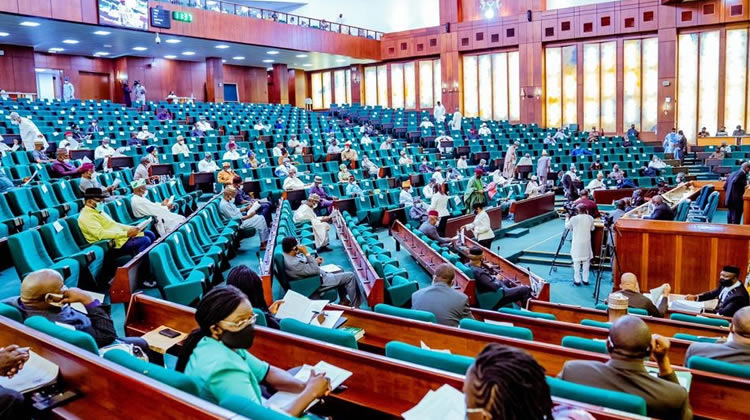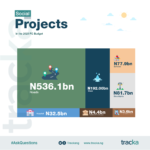
While noting that such strategies include creating a general as well as a demographically-targeted enlightening campaign, the House urged the government to direct the National Orientation Agency to devise an enlightenment campaign against drug abuse in the country.
Also, the House urged the government to increase the budgetary allocation to the National Drug Law Enforcement Agency and ensure that the agency gets its funding directly from the Presidency as was the case when it was set up in 1989.
The House also wants all relevant government health institutions to develop new and improved treatments to help people with substance abuse disorders to recover and achieve a normal life.
The House also prevailed on the government to establish functional rehabilitation centers “which will have the financial and bureaucratic status of specialist hospitals with psychiatrists, psychologists, toxicologists, counsellors and other experts to manage these hospitals.”
Furthermore, the House mandated its Committees on Narcotic Drugs and Health Care Services to ensure implementation of the resolutions and report back within six weeks for further legislative action
The resolutions were sequel to a motion of urgent public importance moved by Chairman of the House Committee on Drugs and Narcotics, Francis Agbo, at the plenary on Thursday.
It was titled ‘A Motion on the Consequences of Illicit Drug Abuse: A Call for Federal Government’s Concerted Efforts at Eliminating the Menace.’
According to Agbo, there is an organic correlation between the level of narcotic drug abuse and the frequency and severity of crimes in every society, including Nigeria. “It is, therefore, not surprising that those arrested for various crimes are drug addicts and traffickers,” he said.
The lawmaker noted that the issue of drug abuse and addiction knows no age limit. He said, “Illicit drug addiction has deeply permeated the Nigeria society so much so that young people of 15 years old and below are now heavy narcotic drugs users, which will ruin the youths who we call the leaders of tomorrow and consequently put the future of this great nation in jeopardy.”
Agbo added, “The House regrets that the upsurge in illicit drug abuse has created an underground economy where crimes flourish as criminals now battle for turf and proceeds, while at the same time exploiting and corrupting the legitimate business environment of the country. This is antithetical to the corporate image of Nigeria as no country wants its economy to be influenced by drug barons.
“So far, the government at all levels, and particularly the Federal Government, has continued to pay lip service to the war against illicit drug abuse, as the NDLEA, the agency statutorily set up to wage war against the narcotic industry, remains underfunded, understaffed and ill-equipped. It is against this background that the NDLEA remains a toothless bulldog! The implication of this is that, while narcotic drug abuse progresses at a geometric progression, the war against it progresses at an arithmetic progression.”
The lawmaker expressed concern that cannabis, which the World Health Organisation described as the most abused drug globally, “is the commonly used hard drug in Nigeria that can be found virtually everywhere in the country.”
Agbo added, “The House is also concerned about the growing trend abuse of synthetic and designer drugs by Nigerians, coupled with the increase in the number of Household items and other easily-accessible narcotising agents like amphetamine, methamphetamine, cocaine, heroin, plant thinner, glue, codeine-laced cough syrup, cement, and animal excreta which are widely abused in Nigeria.
“The House is worried that the tragic phenomenon now affects all strata and demographic groups of our Nigeria society, it is pertinent governments at all levels, the organised private sector and the family unit work closely to combat this menace, for if we fail to destroy narcotic drug addiction as a country, it will destroy Nigeria.”





